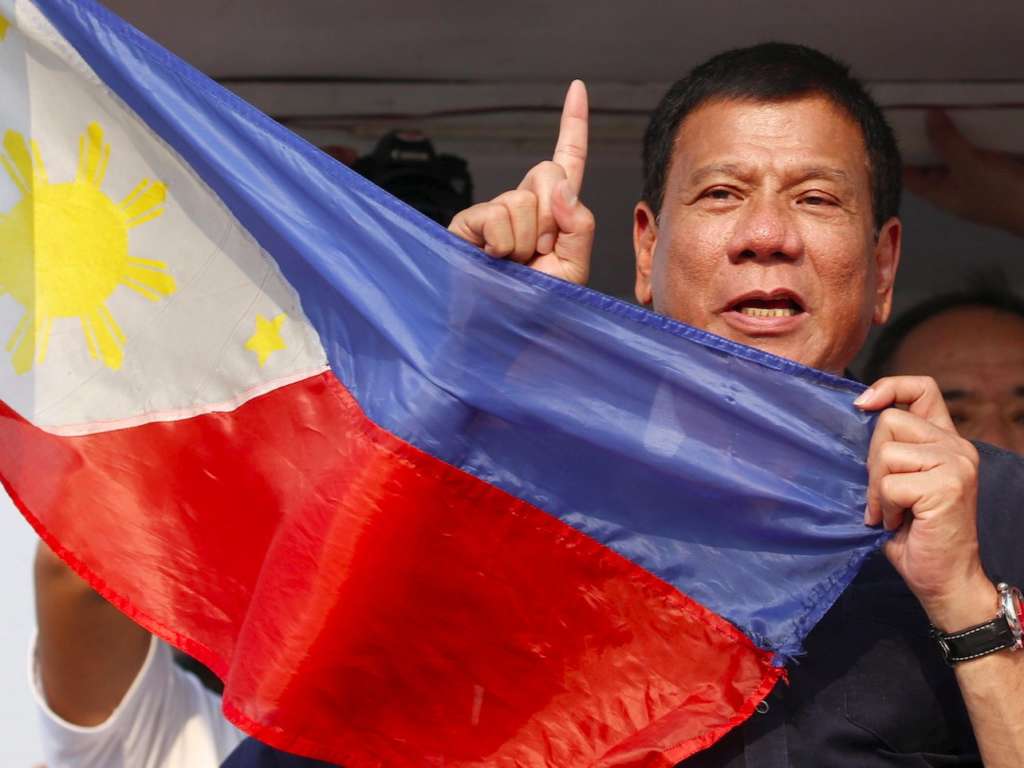Beijing- The Permanent Court of Arbitration (PCA) has ruled that China has no ‘historical rights’ in the South China Sea and that its activities in it violates Philippines’ sovereign rights.
China, however, rejects this case while both countries have pledged to improve their relations.
On 20 September, Spokesperson of the Chinese Foreign Ministry Geng Shuang said that china urges Philippines to solve bilateral disputes through negotiation and consultation on the basis of mutual respect and trust. He also asserted that the door of dialogue is always open and that friendly relations between both countries will serve their main interests and their people’s expectations.
Tensions between China and Philippines have escalated over the past years because of the South China Sea issue, particularly after the Philippine government took legal action against China at the Permanent Court of Arbitration (PCA) in The Hague in 2013.
Aiming at putting an end to tensions between the two countries, Philippine President Rodrigo Duterte intends to pay two separate visits to China and Japan in October, in his first trip to this region since he became president on 30 June. Duterte has sought to settle his relations with China and has greeted the growth of Chinese investments in the Philippine energy infrastructure sector. He also dispatched the former Philippine President Fidel Ramos as a special envoy to Hong Kong, aiming at paving the road for friendship revival in August.
Japanese News Agency has reported that Duterte intends to visit China in 19-20 October and Japan on 25-27 October. Spokesperson of the Chinese Foreign Ministry considered that as long as both countries want to settle their conflicts through negotiations, all difficulties can be overcome. Shuang called on other countries to respect any agreement that may be reached among China and countries surrounding its South Sea.
For his part, the Chinese president has also expressed good intentions by passing his condolences to his Philippine counterpart following the terrorist attack that struck Davao city and said that China opposes all kinds of terrorism.
Jung You Chwan, head of strategic studies department at the Jung Chan University said that setting China as the first country during the Philippine President’s tour reflects Philippine’s efforts toward independence. He added that Manilla knows well that the U.S. intentions in the case of South China Sea are against its national interests and definitely affects economic and trade cooperation with China.
Chinese observers see that many joint interests link Philippine and Japan that enjoy more stable relations, which will not be affected by the prioritization of Duterte’s visit to China. Moreover, his visit to China and Japan in the same tour reflects the president’s eagerness to create balance in his country’s relation with the two neighboring countries.
It is worth mentioning that Duterte has succeeded in maintaining close communications with the economic and political circles in Japan since he was the Mayor of Davao.
